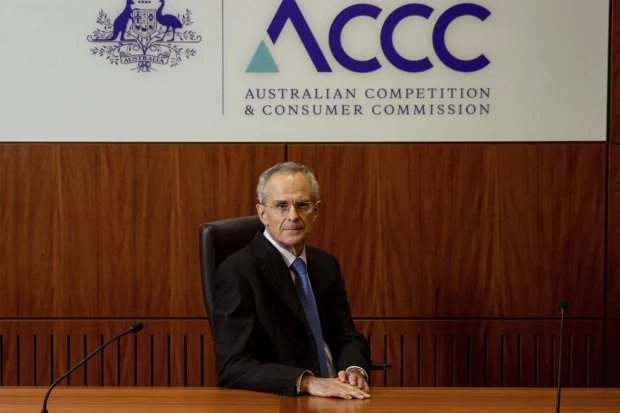



Article by: Hari Yellina
The proposed sale of the Port of Geelong has raised issues with the Australian Competition and Consumer Commission. Spirit Super and Palisade Consortium have submitted a joint proposal for the port worth $1.2 billion, with Spirit Super owning 51% and Palisade owning 49%. However, the ACCC has raised concerns about potential competition, mainly because Palisade handles investors who own the Port of Portland, western Victoria’s only other bulk commodity port. Brookfield Asset Management and State Super hold the port operation, which was put on the market late last year.
Due to some outstanding financial results in recent years, it has piqued the interest of the business sector. As Victoria’s second-largest port and the country’s sixth-largest, the port is a significant strategic asset. GrainCorp has its own port facility at Geelong, Victoria’s main grain export port, which means there are theoretically two port operators in Geelong, but leases at the Port of Portland. The ACCC has expressed concern about the proposed sale. “We are concerned that the acquisition will significantly reduce competition in Victoria for the delivery of bulk cargo port services,” said ACCC Commissioner Stephen Ridgeway.
Many exporters, he claimed, were unable to find appropriate alternatives to Geelong or Portland. “There are relatively few bulk port choices in Victoria for prospective large port users,” Mr Ridgeway said. “The Ports of Geelong and Portland handle almost half of Victoria’s bulk cargo between them, and this market structure is unlikely to change in the near future.” Market participants had contacted the ACCC, he said, concerned about a lack of competition between Portland and Geelong if the sale went through. “While Palisade would not have absolute control over the Port of Geelong as a result of the acquisition, it would gain a degree of influence over the Port of Geelong,” Mr Ridgeway said.
It was highlighted in the ACCC’s statement of issues that port access rates are not controlled. This has caused concern in the business, as tariff rises could be phased in at the same time at both ports, leaving exporters with no viable alternative. “In addition, common ownership may reduce the Port of Portland’s incentives to compete for consumers through existing facilities and future infrastructure expenditures.” The port is particularly essential for bulk dry products and ‘break bulk’ cargo, or massive commodities that cannot be containerized, such as timber, steel, or wind farm equipment. The ACCC is asking for submissions into the implications of the proposed sale up until April 14.